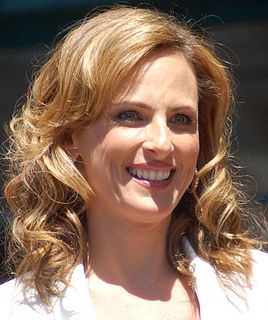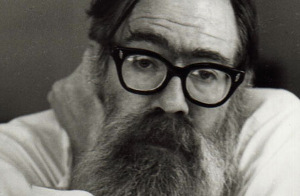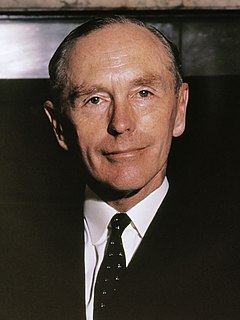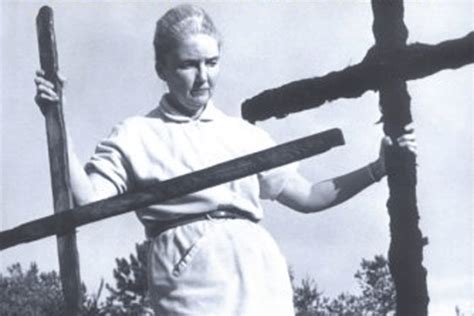A Quote by Marlee Matlin
I like to say that the greatest handicap of deafness does not lie in the ear, it lies in the mind. I hope that through my example, such as my role on 'The West Wing,' I can help change attitudes on deafness and prove we can really do everything... except hear.
Related Quotes
I do strongly feel that among the greatest pieces of luck for high achievement is ordeal. Certain great artists can make out without it, Titian and others, but mostly you need ordeal. My idea is this: the artist is extremely lucky who is presented with the worst possible ordeal which will not actually kill him. At that point, he's in business: Beethoven's deafness, Goya's deafness, Milton's blindness, that kind of thing.
I am just as deaf as I am blind. The problems of deafness are deeper and more complex, if not more important than those of blindness. Deafness is a much worse misfortune. For it means the loss of the most vital stimulus- the sound of the voice that brings language, sets thoughts astir, and keeps us in the intellectual company of man.
The difference between deafness and any other disability is that there is no way to put yourself in a position of knowing what it would be like because you can't stop yourself from hearing your own breath or your own heartbeat. You can not remove sound entirely from your life. You can get a sense of what being blind is like by closing and covering your eyes which provides a source of empathy because we can all project ourselves to that. But people who think they can project themselves into deafness are mistaken because you can't.
I lived through the Fifties in the Midwest when everything that was happening - the repression of homosexuality, for instance, the demonization of the Left, the giggly, soporific ordinariness of adolescence, the stone-deafness to the social injustice all around us - seemed not only unobjectionable but also nonexistent.
































